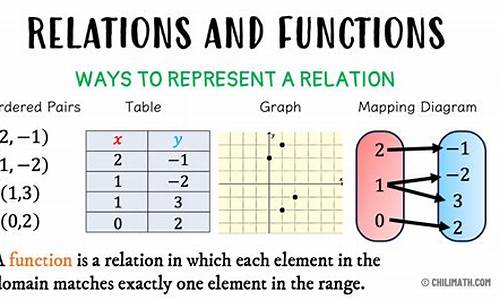A balanced diet is essential for maintaining a healthy weight and overall well-being. It involves consuming a variety of foods in the right proportions to provide the necessary nutrients the body needs. Healthy weight management is closely linked to the foods we eat, as it plays a crucial role in regulating body weight and promoting good health. In this article, we will explore the relationship between a balanced diet and maintaining a healthy weight, highlighting key factors to consider for optimal results.
Understanding the Components of a Balanced Diet
A balanced diet includes a combination of macronutrients—proteins, carbohydrates, and fats—as well as essential vitamins and minerals. Proteins help build and repair tissues, carbohydrates provide energy, and fats are vital for cell function. Including a wide range of fruits, vegetables, whole grains, lean proteins, and healthy fats is essential for achieving the right balance.
How a Balanced Diet Affects Weight Management
Maintaining a healthy weight requires a delicate balance of calories consumed and calories burned. A balanced diet ensures that the body receives adequate nutrients without excess calories. Proper portion control and mindful eating can prevent overeating and contribute to steady, sustainable weight management. Additionally, nutrient-dense foods can help reduce cravings for unhealthy snacks, making it easier to maintain a healthy weight.


The Role of Physical Activity
While diet plays a significant role, physical activity is another important factor in maintaining a healthy weight. Exercise helps burn excess calories and supports muscle development, contributing to a higher metabolism. Engaging in regular physical activity, combined with a balanced diet, can enhance weight management efforts and improve overall health.
Key Tips for Achieving a Healthy Weight
To achieve and maintain a healthy weight, focus on portion control, eating whole and minimally processed foods, and staying hydrated. Planning meals ahead of time can help you make healthier choices, and it is essential to be mindful of your eating habits. Avoid fad diets or extreme restrictions, as they may lead to temporary results or nutrient deficiencies.
Conclusion
In conclusion, the relationship between a balanced diet and a healthy weight is vital for overall health. By understanding the components of a balanced diet, practicing portion control, and incorporating regular physical activity, individuals can achieve sustainable weight management. A balanced diet not only supports weight control but also improves energy levels and reduces the risk of chronic diseases, contributing to a long, healthy life.